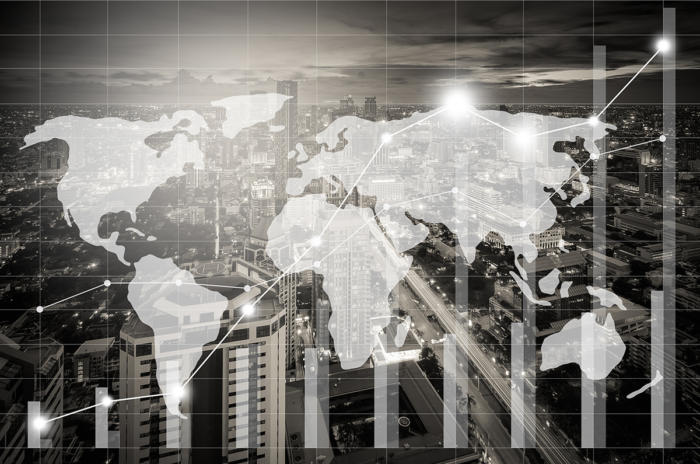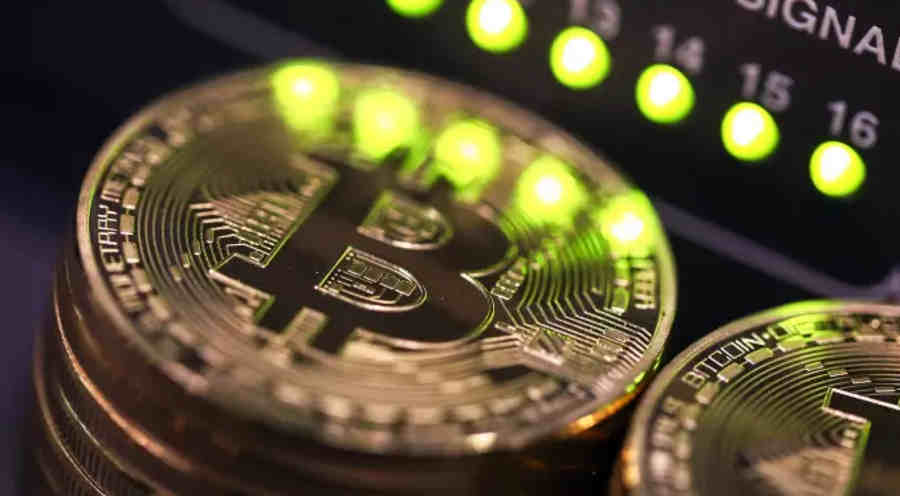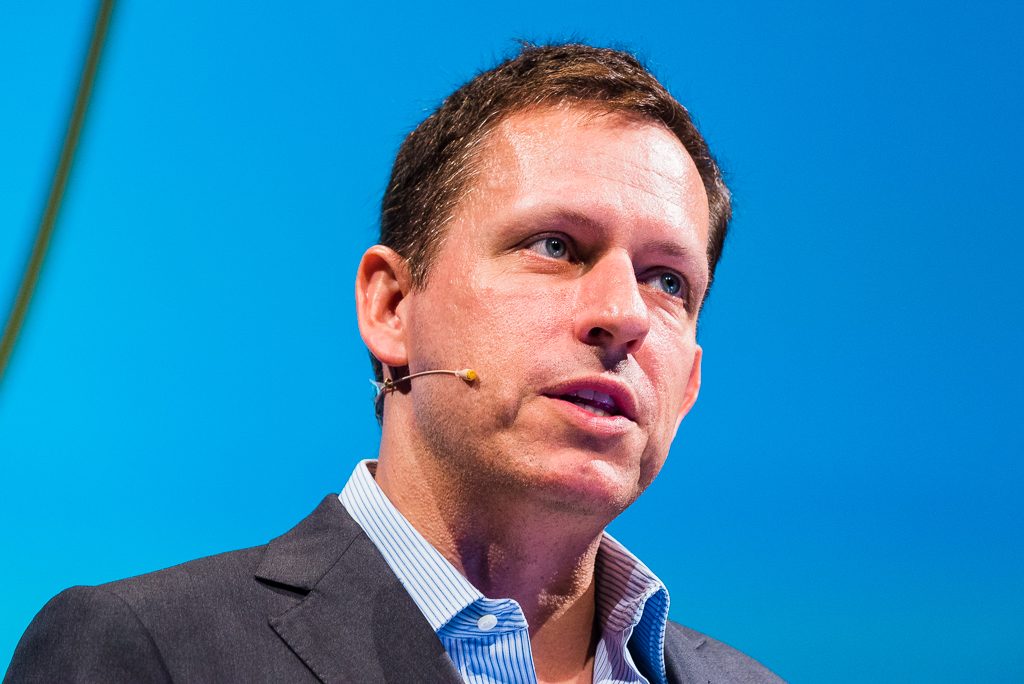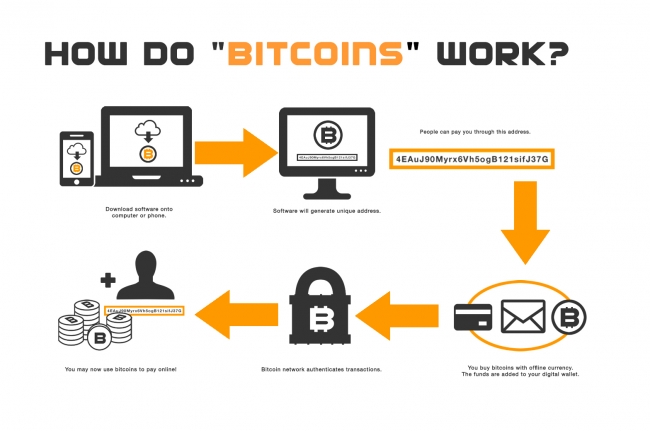An interview with Joseph Thompson, co-founder and CEO of AID:Tech, and a winner of James Wolfensohn Game Changer Award and UN Sustainable Development Goal Pioneer 2017 for blockchain technology.
What is AID:Tech? Where did the idea originate?
Thompson: AID:Tech was born in the Sahara Desert, let me explain. In 2009, I ran 151 miles in the Sahra Desert as part of the tough world marathon, the 6-day Marathon des Sables. For the race, I raised over $120k for a charity I trusted. But the funds did not go where they were intended too. With this experience, I became a cynic and decided never to donate again. But I always wanted to solve this problem. In 2010, I then saw the potential of Blockchain for traceability, and then the United Nations included this goal as part of the SDGs. It became apparent that the technology has immense potential to introduce much-needed disruption and innovation.
And this is when we decided to create AID:Tech — to become not just a company, but a new industry to solve these global problems. In 2015, we worked with the Irish Red Cross in the delivery of international aid to Syrian refugees in Lebanon using our core technology. It was the first time that International aid was delivered using blockchain technology. Since, we have been working to deliver solutions in welfare distribution, international remittance, healthcare delivery, p2p donations, and supply chain tracking. For example, we have implemented projects in Ireland, where digital identities were provisioned to homeless women, as a means to transparently distribute welfare entitlements. Other upcoming projects include peer-to-peer donations, healthcare delivery, and supply chain tracking.
That’s a great story, Joe! Imagine telling a baby they were born in the desert! Can you talk about the core problem you’re working to solve centered around providing support to the unbanked and vulnerable persons who lack a digital identity?
Thompson: There are over 2 billion people in the world without legal identity and over 1.4 billion people without basic banking services. The UN recognizes the significance of this – it is part of a set of ambitious Sustainable Development Goals, Target 16.9 – everyone should have access to a legal identity by 2030. It is also widely recognized that legal identity is a key enabler for many other development goals. Without a legal identity, these individuals are largely prohibited from accessing the most basic services, including banking, that many take for granted today.
There is also a huge demand for greater transparency and accountability across sectors and industries, but there seemed to be the little practical solution. In the aid sector, the billions of dollars of funding circulated every year seem to be making little impact on the growing needs internationally. In 2016, international humanitarian funding requirements reached US$20.5 billion and yet, this was met with a 40% funding shortfall.
Source/More: United Nations blockchain pioneer prevents fraud of international aid payments | CIO














